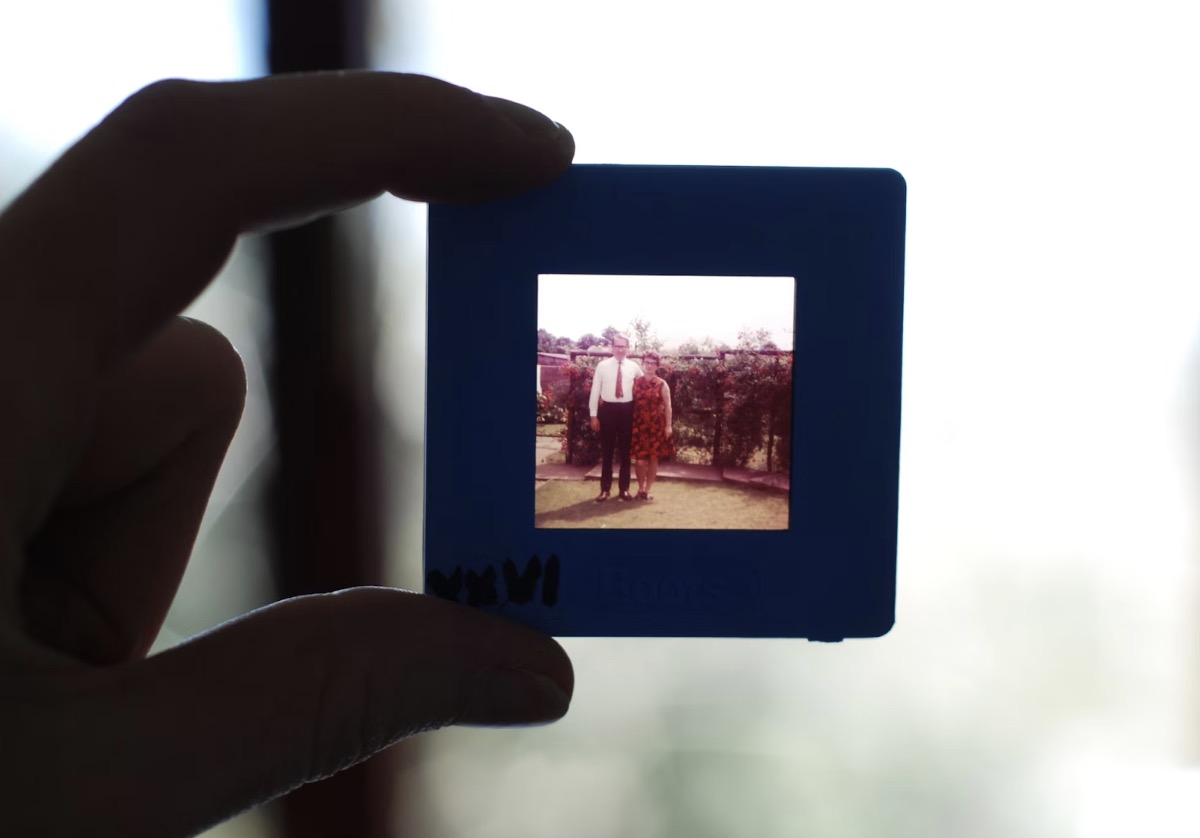Grief is perhaps the most universal human experience, and rituals surrounding death are one way we as a species have come to terms with this difficult emotion. But how we honor and remember the deceased has evolved significantly over time, taking on new forms and adapting to the digital age. From personalized memorials and lasting legacies to technology-based remembrance and support systems for the bereaved, our toolkit for memorializing loved ones is richer and more diverse than ever before. It’s not always easy to plan for funeral services, especially if there hasn’t been a will left behind that you can follow, but thinking about how you’d like to honor the person that you’ve lost can be helped with the expert services of a funeral director. Funeral services are not the easiest thing to plan, so make sure that you’re not going it alone if you can avoid it. Whether you’re looking for ways to celebrate the life of someone close to you or simply curious about how others navigate grief, this article explores some of the modern approaches to memorialization and remembrance.
Reader's Roadmap
Creating Personalized Memorials
No two lives are alike, so why should their commemorations be? Personalized memorials are a heartwarming way to reflect the unique essence of the departed. Here’s how you can create heartfelt tributes that truly honor their memory.
A tribute that captures a person’s spirit can be as specific as their love for sports, or as general as a favorite color. One popular route families are taking is to create custom memorial items such as clothing with favorite quotes or images, memorial jewelry, or even commissioned artwork that celebrate the life and passions of the deceased.
Traditional services can still be deeply personal. It’s about weaving the deceased’s story into the rituals. One might consider having an open-mic session where loved ones share stories or incorporate favored music and readings. The key is creating an experience that resonates with how the individual lived and wishes to be remembered.
Finding the Right Funeral Home for Personalized Ceremonies and Memorial Tributes
Choosing the right funeral home is crucial when planning a personalized ceremony or memorial tribute. It’s important to select a facility that not only respects your loved one’s wishes but also accommodates the unique aspects of their life that you wish to celebrate. Look for funeral homes that are open to customization and have experience in creating bespoke services.
Don’t hesitate to ask about their approach to personalization and whether they support the inclusion of non-traditional elements, such as live music, personal anecdotes, or multimedia presentations. Namely, the professionals from Bozaroel suggest that a path to peace is through a funeral that celebrates the individual’s legacy. You can achieve this by working with compassionate experts to bring your vision to life.
Establishing Lasting Legacies
Leaving a legacy is a poignant way to ensure the deceased are never forgotten. These legacies can take many forms, from the perennial to the purposeful, and offer ways for the community to honor their memory as well.
Planting Trees or Gardens in Memory
The act of planting a tree in memory can symbolize life, growth, and a connection to nature. Dedicated memorial gardens not only offer a serene space for reminiscence but also contribute to the environment. Families can take solace in knowing that, through the years, their loved one’s impact on the earth can be seen and felt.
Setting Up Scholarships or Charitable Donations
Philanthropy in the name of the deceased can make a tangible, positive impact on society as well as offer comfort to the grieving. Scholarship funds and charitable donations to causes close to the individual’s heart can help in commemorating their life and values by supporting education or issues they passionately advocated for.
Utilizing Technology for Remembrance

In an increasingly digital world, technology offers innovative ways to keep memories alive. Online platforms and digital mediums provide a space that transcends physical boundaries and allows for collective remembrance. Social media, dedicated memorial websites, and even virtual reality can serve as spaces for ongoing digital memorials. These platforms not only host cherished memories but also enable friends and family from around the world to share in the remembrance and healing process.
Themed photo albums, biographical documentaries, and virtual reality experiences can offer a heartfelt, multimedia tribute to the deceased. Digital storytelling through blogs, vlogs, and podcasts can keep the essence of the individual alive through shared experiences and teachings.
Supporting Grieving Families
Memorialization is not just about the deceased; it’s also about supporting those left behind. Here are ways to provide comfort and assistance to families as they cope with their loss.
Providing Resources for Coping with Loss
Mental health services, bereavement support groups, and grief counseling can be lifelines for those navigating the difficult terrain of loss. By providing access to these resources, one can help create a supportive, understanding environment for the bereaved.
Encouraging Open Communication and Community Support
Talking about death is hard, but it fosters understanding and opens the door to healing conversations. Building a community that is informed and empathetic can provide a strong, supportive foundation for those going through the grieving process.
How we honor the deceased has the power not only to soothe those left behind but also to celebrate the unique lives they led. It is an act that connects us to our past, our loved ones, and our shared humanity. By carefully considering the bespoke ways in which we choose to remember and commemorate the lives of those who have passed, we open the door to a legacy that resonates with the living long after the individual has departed. Remember, honoring the deceased is not only about the past; it’s about building a bridge to the future, one that sustains us and offers reflection in moments both joyful and sorrowful.







Leave a Reply
View Comments